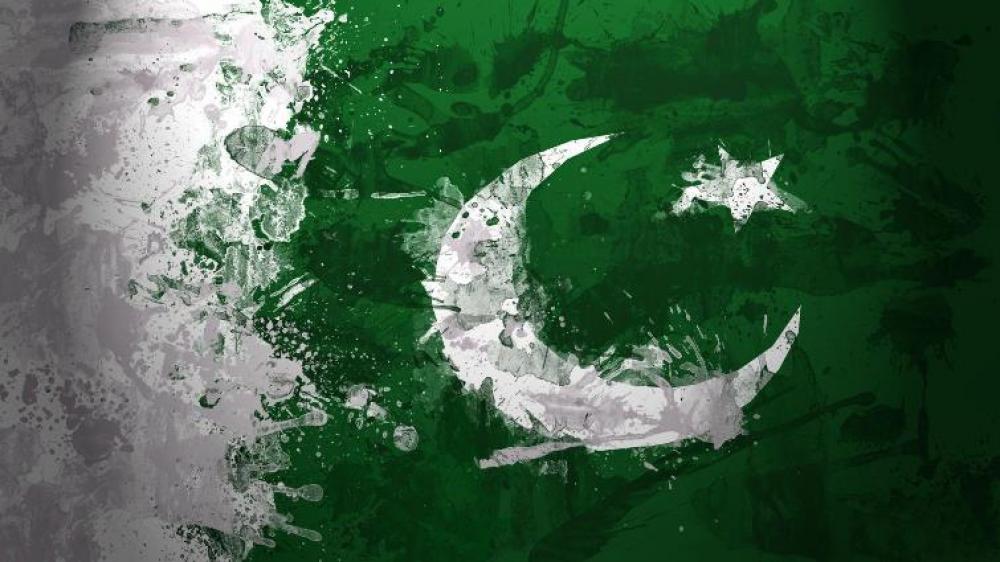By South Asia Monitor/IBNS | @justearthnews | 24 Mar 2021, 08:17 am Print
 Pakistan
Pakistan Image: Wallpaper Cave
Pakistan’s innovative emergency cash program (Ehsaas) helped avert an economic catastrophe by directly transferring cash benefits in form of income support to millions of people who had lost their livelihood because of the Covid-19, found a report.
The International Policy Centre for Inclusive Growth (IPC-IG) issued a report, titled “What’s next for social protection in light of Covid-19: country responses” released by focuses on experiences from countries in Asia, including Pakistan, sub-Saharan Africa, the Middle East, and North Africa (MENA), and Latin America and the Caribbean.
Hailing the success of Pakistan’s social security scheme, the report says, “The Ehsaas Emergency Cash (EEC) program demonstrated how cash transfer programs can be deployed to counter the socio-economic fallout due to external shocks such as the Covid-19 pandemic. The lockdown in Pakistan — the fifth most populous country in the world — affected the livelihoods of 24.9 million.”
To tackle the effects of the economic devastation caused by the pandemic, the report says Pakistan launched the emergency cash transfer scheme and delivered approximately USD1.1 billion to 14.8 million families at risk of extreme poverty.
Each low-income household received a one-time payment of USD 75, enough to buy staple food items for the four months. Around 11 million, dependent on daily wages, lost their earnings due to months-long lockdown.
Further, the report highlights that the EEC program helped change the situation and augmented the digital infrastructure already in place, and followed a hybrid targeting approach to identify beneficiaries.
- Record-breaking Apple: $143.8B revenue and 2.5 billion active devices
- Layoff storm at Amazon: 16,000 employees impacted worldwide
- Why gold just exploded past $5,000 — And what’s driving the rally
- AI shockwave ahead: IMF chief warns millions of jobs could vanish
- UN report shows global economy shows signs of growth, but experts believe recovery remains fragile





-1763561110.jpg)
